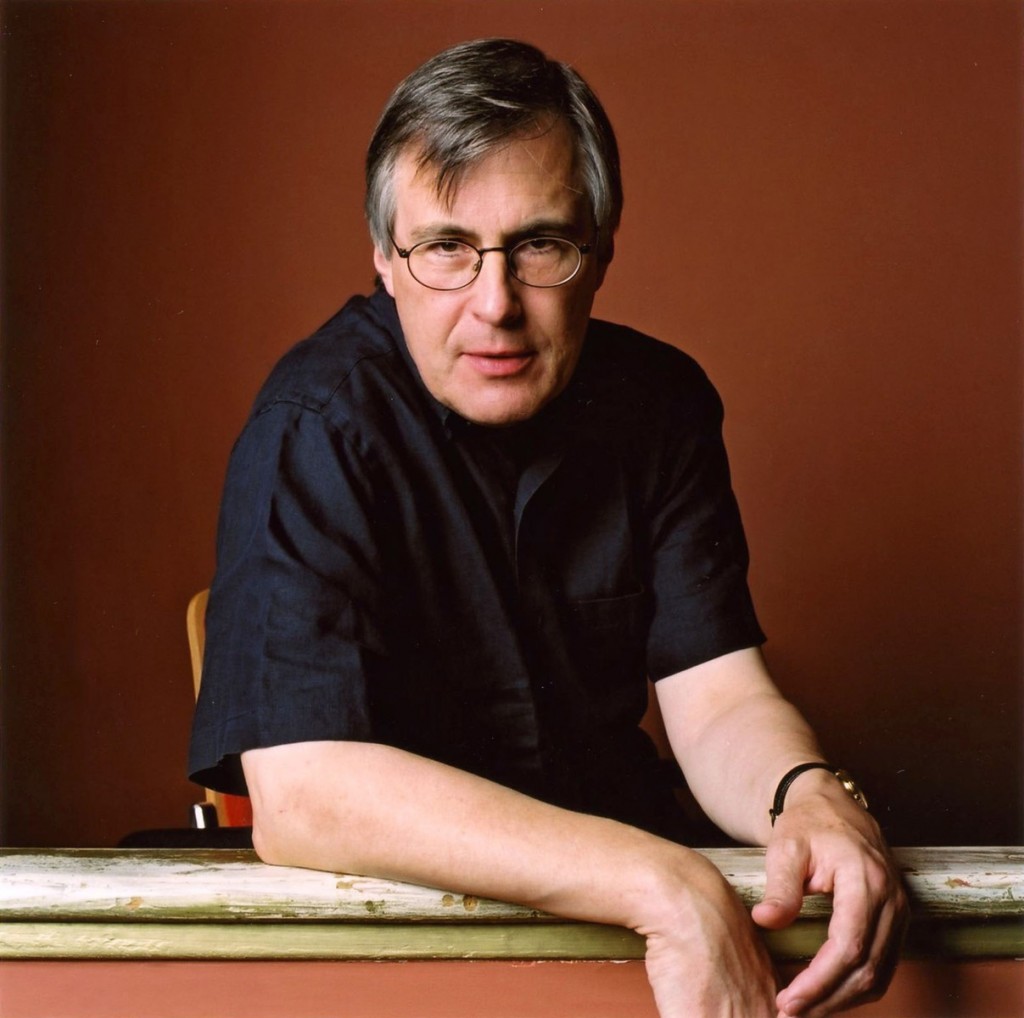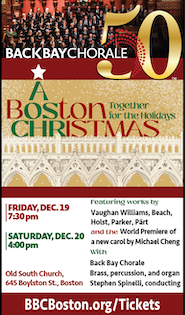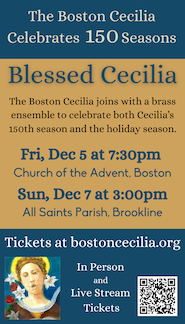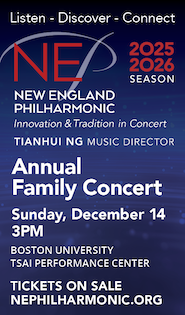Zacharias displays elegant teamwork with BSO

Pianist-conductor Christian Zacharias performed with the BSO Friday afternoon at Symphony Hall.
An early treatise on conducting from the keyboard suggests “flapping the elbows, stamping the feet and even shouting aloud.”
No such histrionics were in evidence when the decorous Christian Zacharias led the Boston Symphony Orchestra from the keyboard, and on the podium as well, Friday afternoon at Symphony Hall. But there certainly was some insightful leadership.
The seated portion of the conducting involved Mozart’s B-flat major concerto (No. 18); the upright, Haydn’s E-flat major symphony, No. 76 and selections from Beethoven’s ballet score The Creatures of Prometheus.
Zacharias prodded the orchestra with as much elegant industriousness as he could muster in the Haydn opener. For the first movement, the orchestra wasn’t fully engaged, with lethargic playing marked by several soft entrances in the strings.
But the capacious slow movement, a five-part Adagio, came to life. It begins with a refrain, and then a kind of improvised repeat of the same material in the strings, who were now warming to Zacharias’ measured instructions. The winds join in softly for two intermediate sections that shift lightly to a minor key, and the movement concludes with the original refrain, improvised yet again—this time with a cadenza-like culmination that pivoted around a seamless violin solo by the afternoon’s concertmaster Tamara Smirnova.
Zacharias combines physical restraint with almost unfettered imagination, and the score, with detailed subtleties everywhere, benefited from his enthusiasm. At this point he had gotten the orchestra’s attention, and the playing was as crisp as the leadership, with sparks flying in the concluding movement.
At the keyboard Zacharias is an extraordinary artist. In his dual guise, he sits at the lidless piano with his back to audience, standing during the passages when he isn’t playing, and maintaining eye contact when he is.
Zacharias created a strong sense that he wanted to blend the piano into the ensemble in Mozart’s concerto. After a long tutti opening without the keyboard, the work settles in, with strong playing during solo excursions from multiple wind players, most notably flutist Elizabeth Ostling and oboist Keisuke Wakao. Zacharias’s own soloing, especially in the first movement development section and Mozart’s cadenza, was firm but not overbearing. The cadenza especially, never straying too far from the original theme, was a model of apt interpretation.
The somewhat grim Andante, shifting to G minor, was built around an alternation between lyric strings and syncopated winds, the piano almost a distant accompanist. It’s a theme and variations, but so richly orchestrated that it masks the stop and start nature of a typical set. The finale, with it’s brash cadenza, restores the happy mood (the return to major doesn’t hurt).
Zacharias culled seven sections from Beethoven’s ballet score to The Creatures of Prometheus, which has never been heard in Symphony Hall in its entirety, although the compelling Overture frequently has. The story—how Prometheus creates humankind, then engages the gods to infuse them with a soul—makes a flimsy excuse to dance, but the rarely heard music has great attraction.
The score is not symphonic but chamber-like, chasing musical ideas in intimate sections and in discrete interplay. In the No. 5 Adagio, Jessica Zhou’s harp not only introduces the movement, but returns repeatedly with a simple lyric figure to introduce a series of soloists as well, notably a lengthy cello excursion by principal Jules Eskin. Ostling and Wakao get similar coaxing by the harp. Eskin’s phrasing was intuitively formed, shaped to not only make sense of what he was playing but to be compatible with preceding and succeeding soloists.
Along from the Overture and this extended Adagio, the finale, which provided the source material for the conclusion of the Eroica symphony, was the most memorable of the selected sections. But all seven certainly resonated with the audience, with the fetching Andante (movement 15) garnering spontaneous applause.
The program will be repeated 8 p.m. Saturday and Tuesday. bso.org. 617-266-1400.
Posted in Performances


